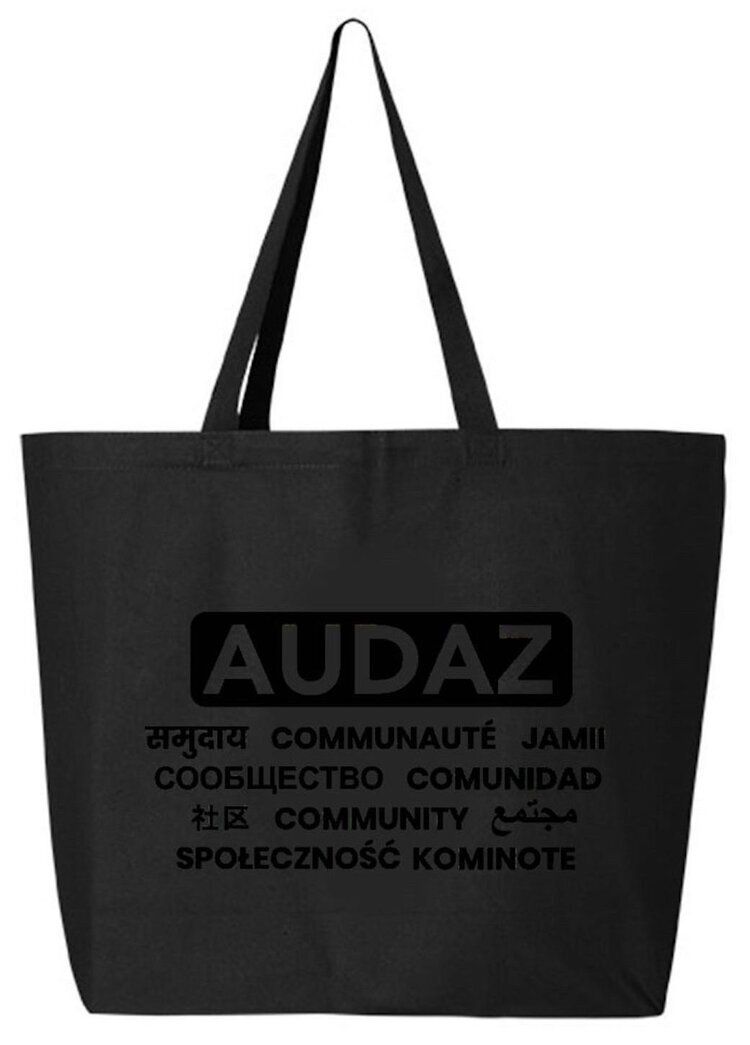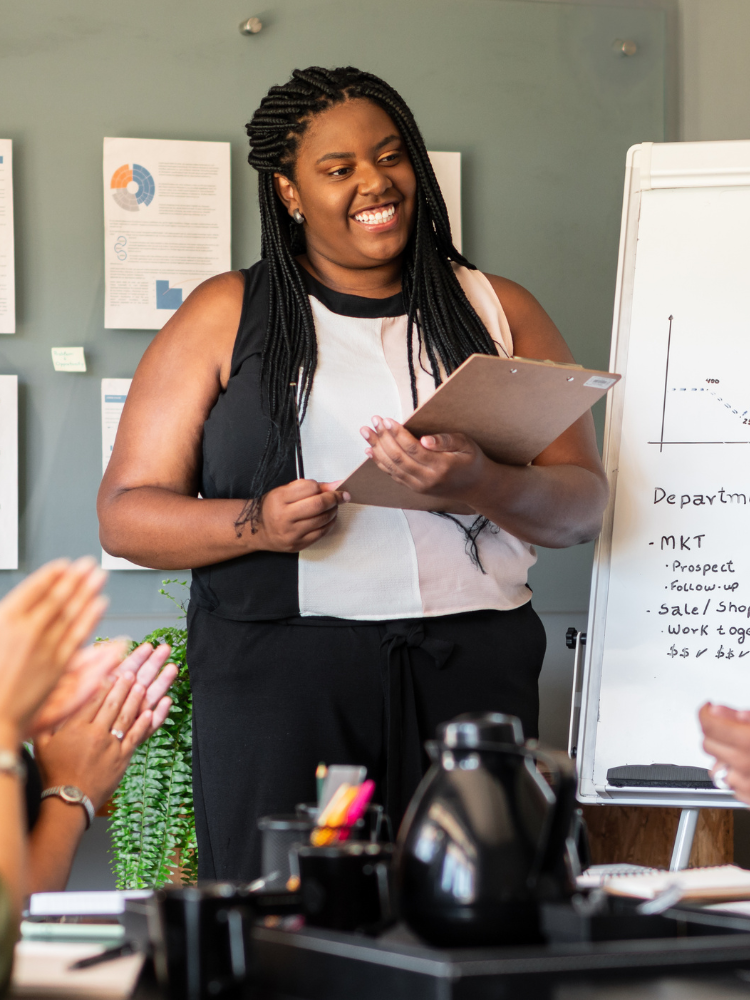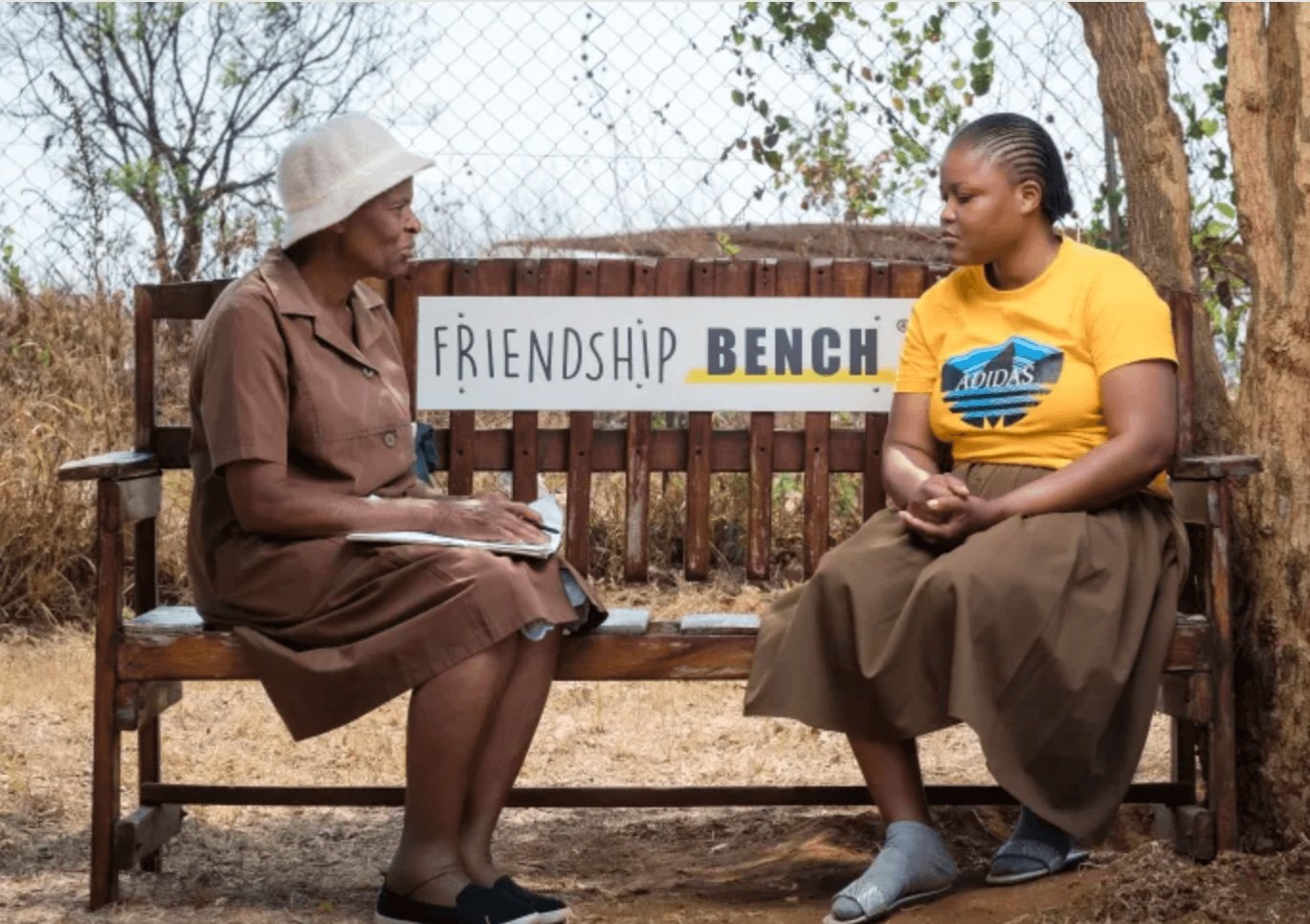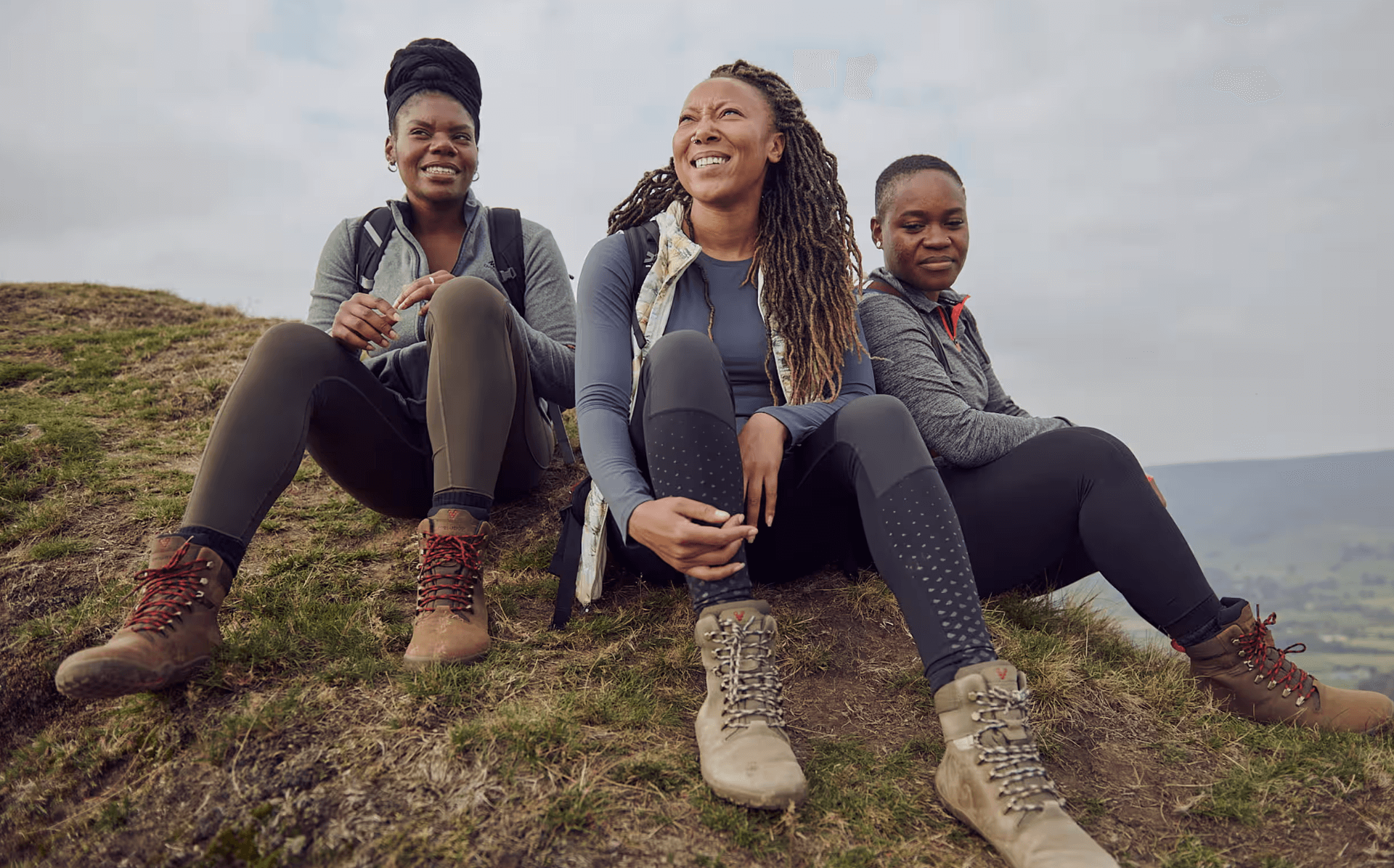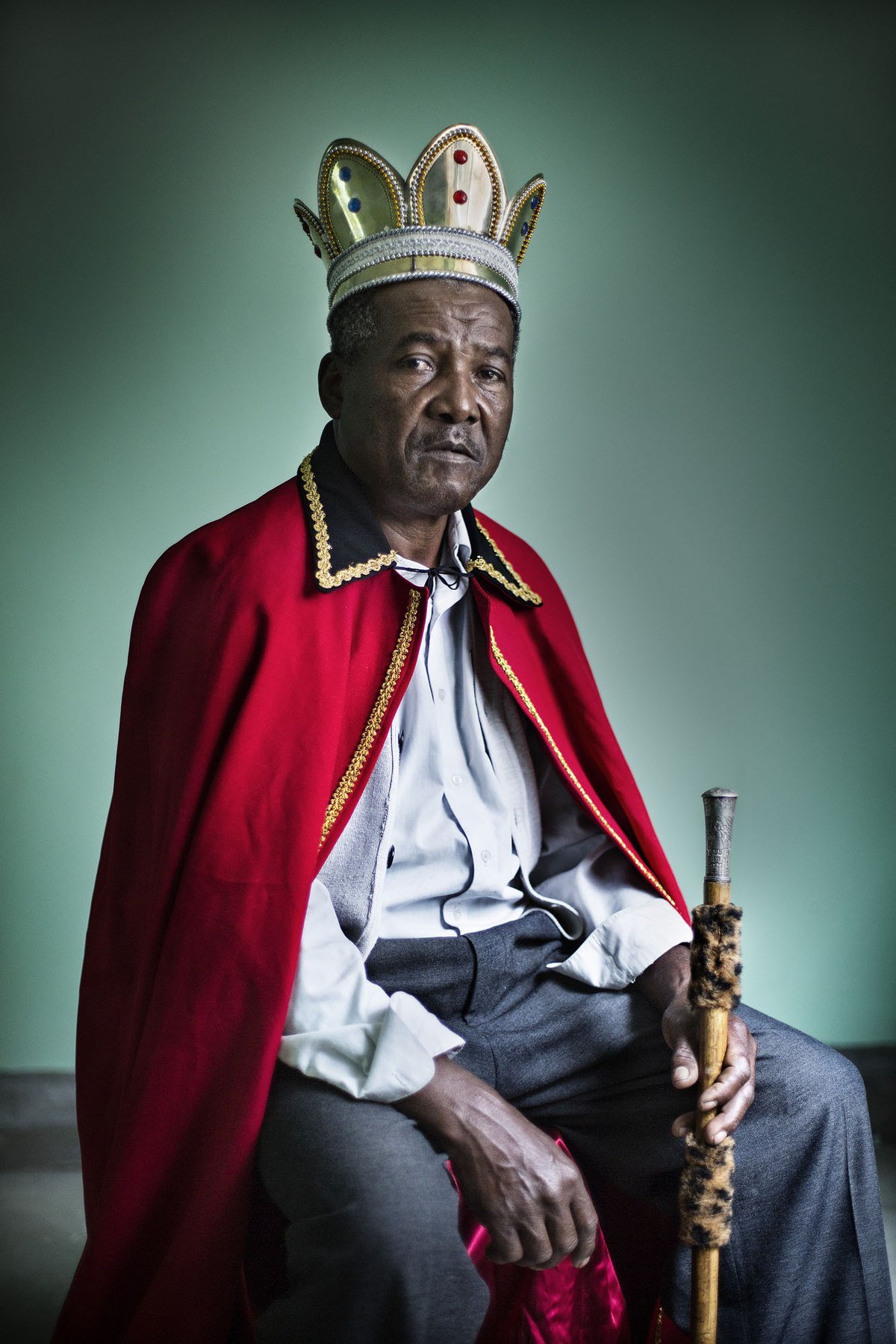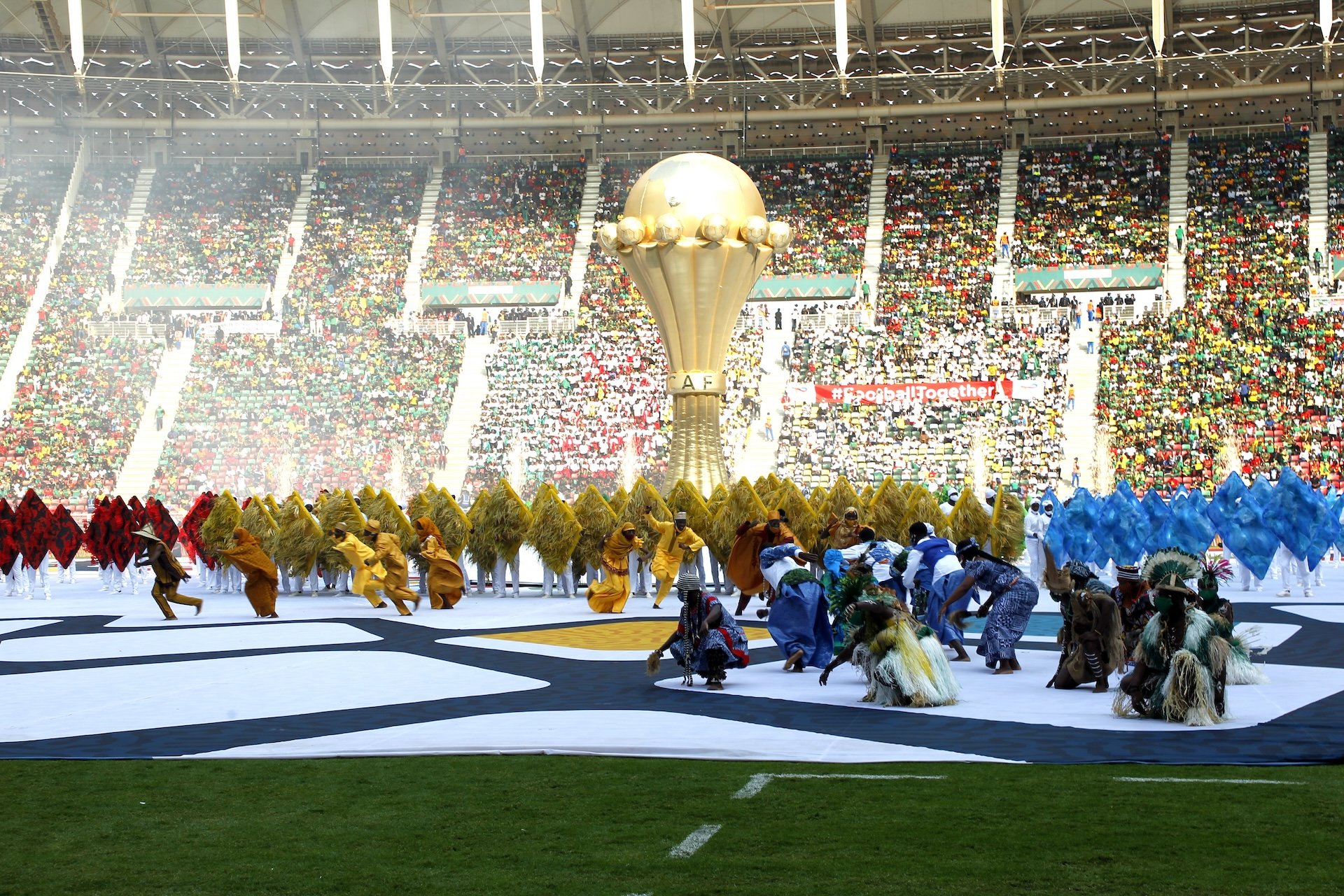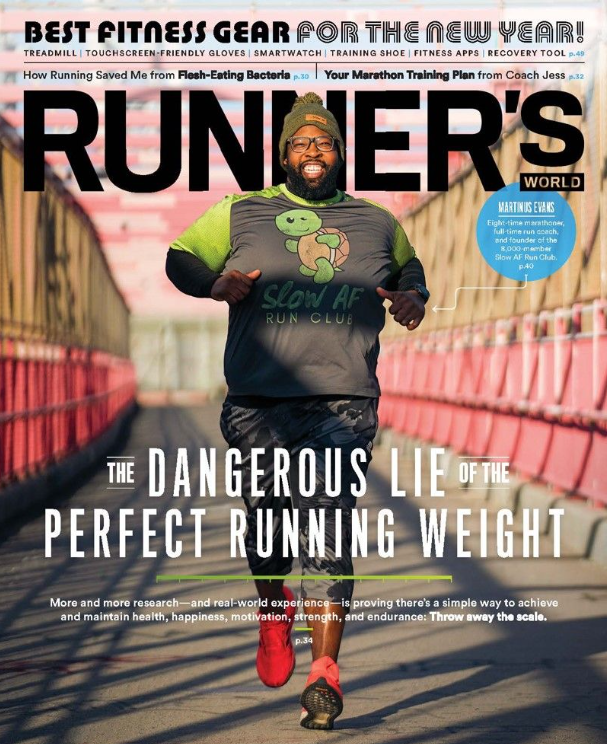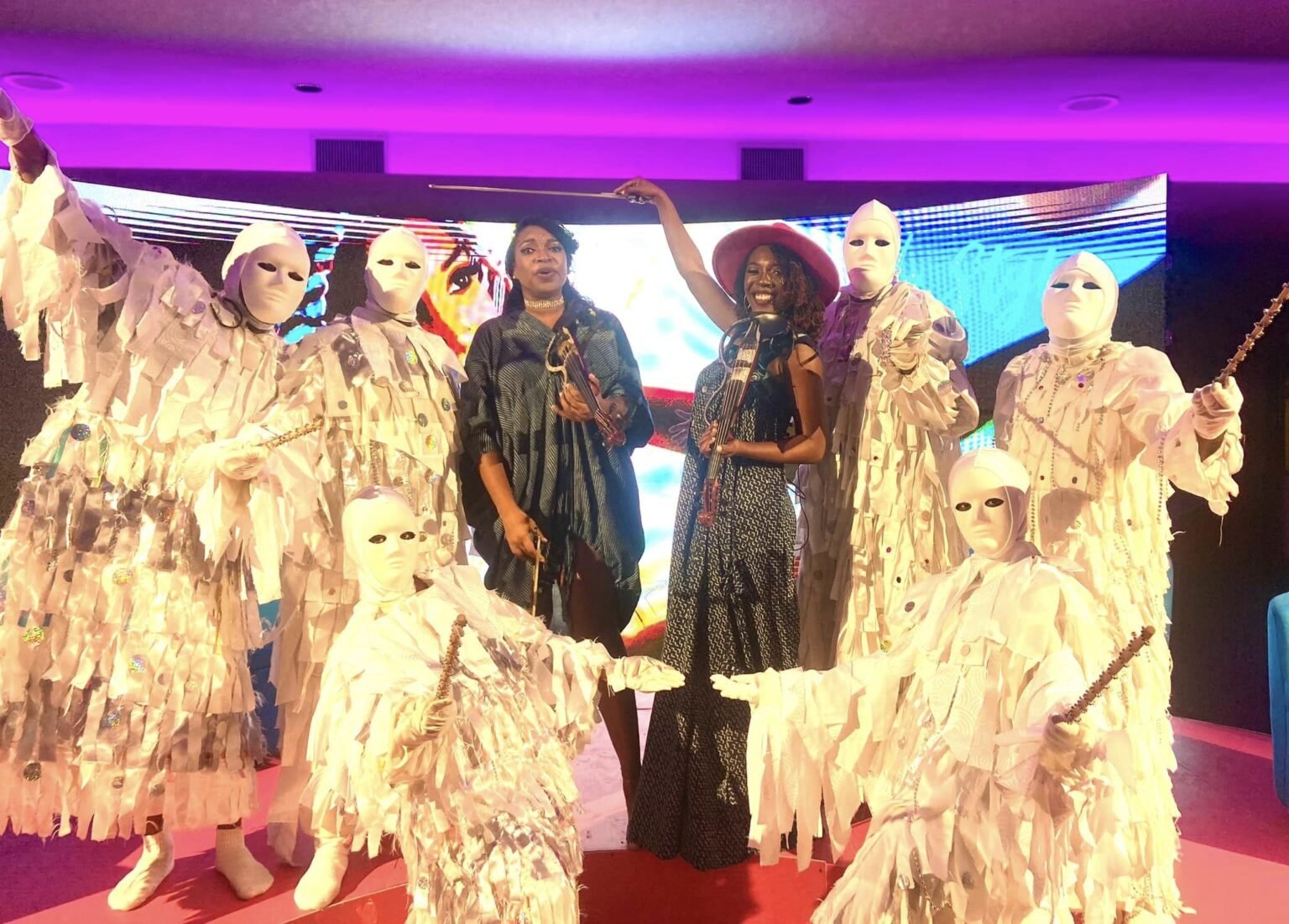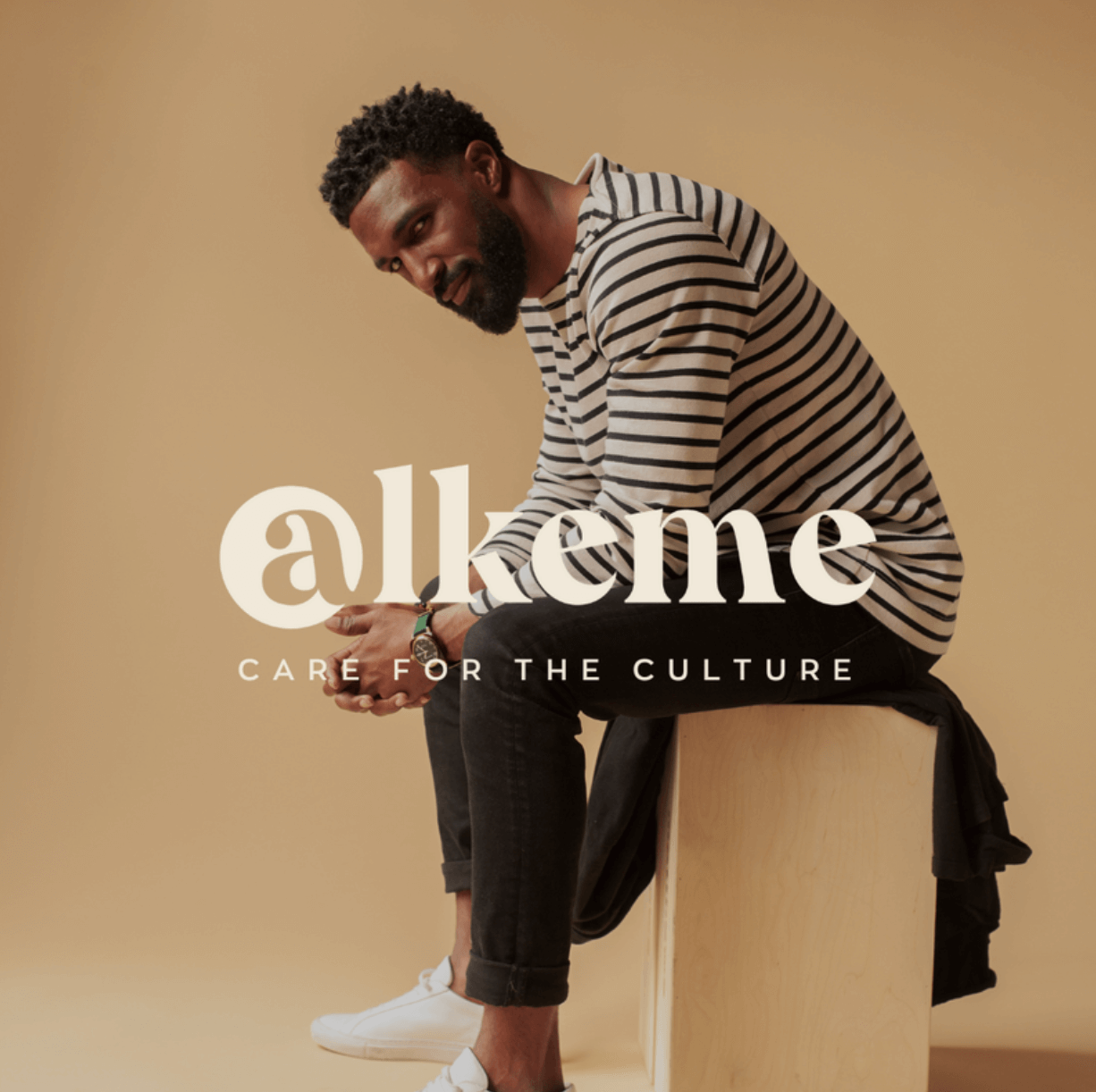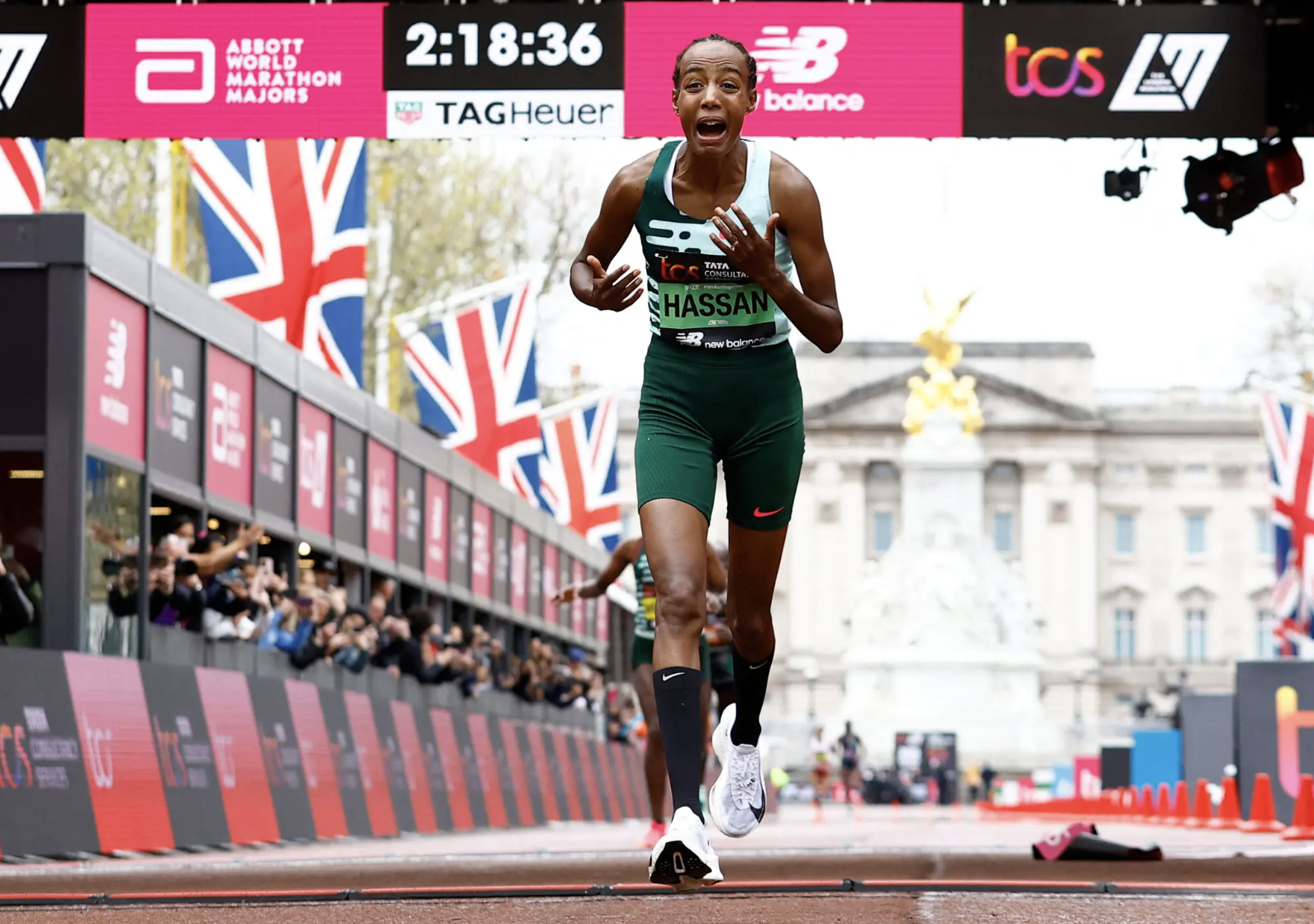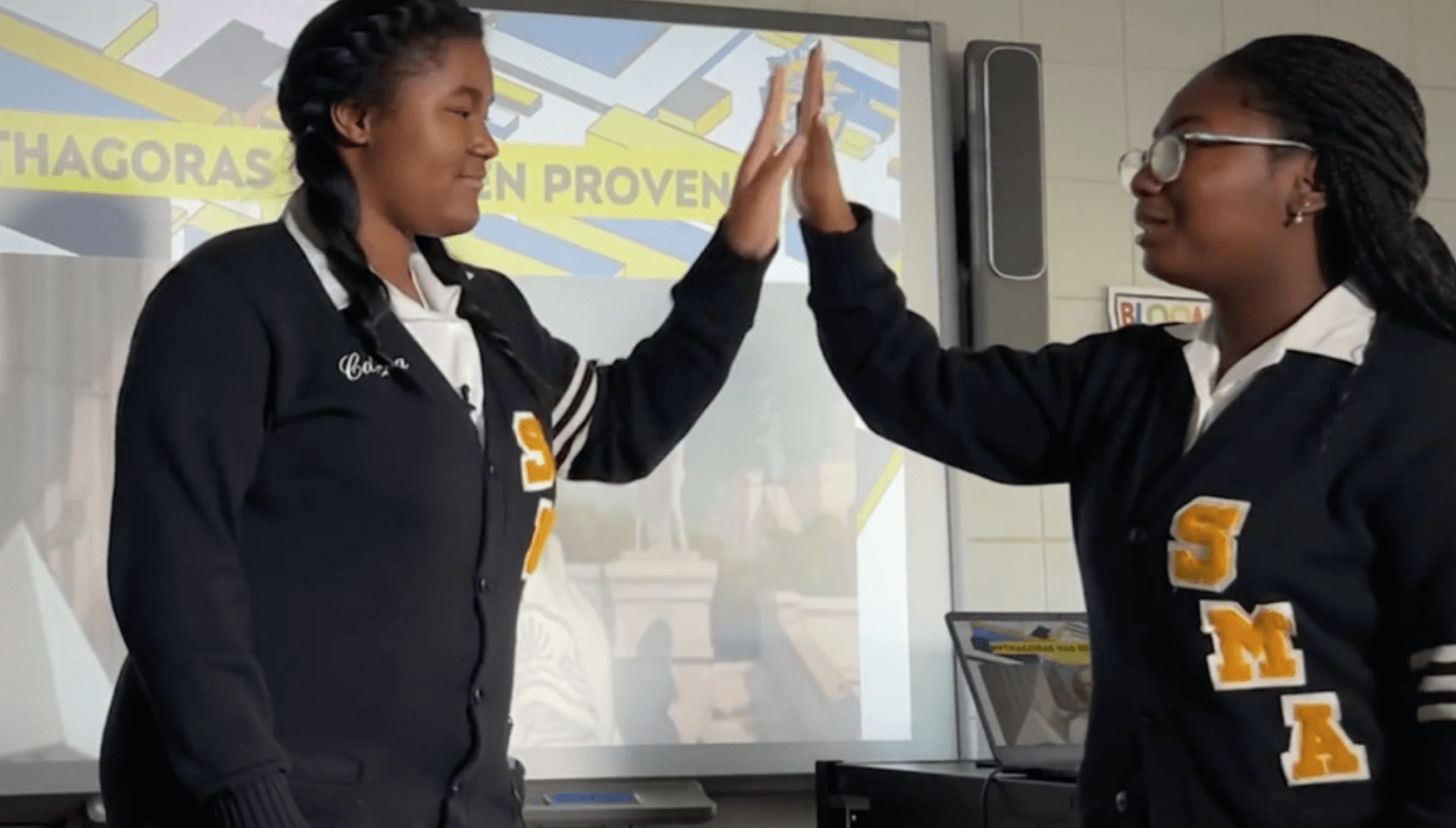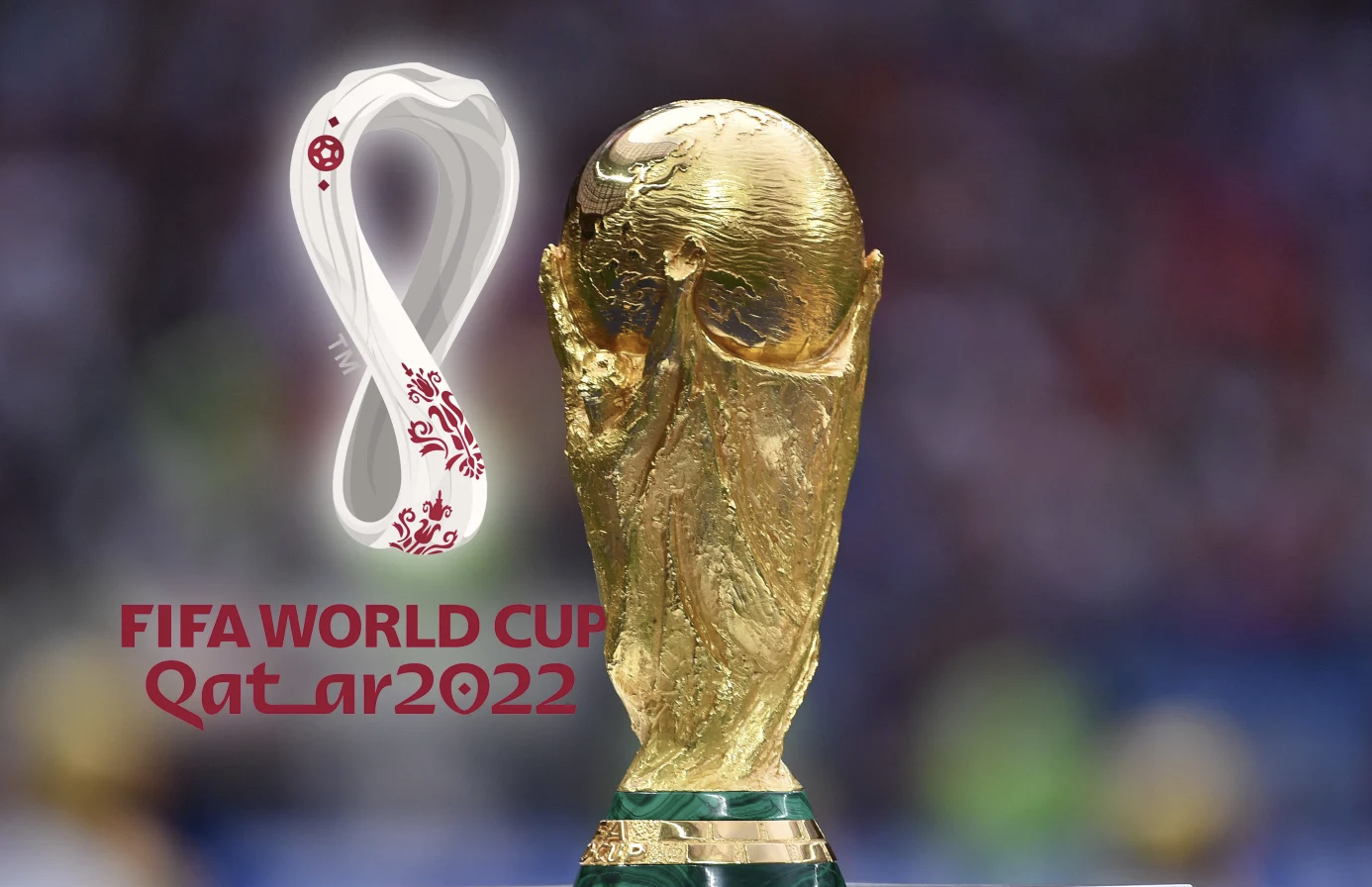Passport privilege: the other privilege that's got to go
Image: Town & Country
As all immigrants know, passport privilege is the concept of defining how much global access a person has in terms of their ease of crossing an international border. There is even a Global Passport Power Rank based on the number of countries each passport holder can access without having to suffer through the process of obtaining a travel visa.
As tends to be the case for those people in the position of privilege, most of the time you don’t even have to think about how many doors are freely open to you as a result of your privilege. For instance, my husband (a US passport holder - number four on the power ranking list), found out what a visa was for the first time just a few years ago when he had to apply for one at the border during his first visit to Africa.
My husband had never had to bother finding out about visas because his passport allowed him to travel to most countries in the world without one. Meanwhile, thanks to my much lower passport ranking (Uganda is number 67 on the list), I have wasted countless hours of my life filling visa application forms and shelling out exorbitant amounts in visa fees (ranging from $150 to over $200 per application), just to be able to go on holiday, study overseas, or even be present at my own destination wedding.
And my experience isn’t even that bad, I’ve only been denied a visa once or twice (Canada, I’m looking at you!!). Yet I know of many Africans who have missed the chance to go to university despite being accepted to their dream school, attend major life events with their families such as weddings, the birth of their grandchild, graduation ceremonies, the list goes on - all because of a denied visa. Many times the destination country doesn’t even owe you an explanation as to why the visa was denied, but they are certainly more than happy to keep your application fee.
It’s no surprise that passport privilege, much like white privilege, skews heavily towards benefiting those that are already in the position of power - in this case the so-called ‘first world countries’.
But in 2020, the power rankings saw some surprising shifts thanks to COVID. For one, Americans, who have traditionally enjoyed free reign of global access, found themselves falling to 19th place in the power rankings thanks in large part to national failures to flatten and control the curve of COVID-19 infections. Though its ranking has since bounced back into the top 10, for the first time in a long time, Americans found their passport privilege eroding as they themselves were the ones being turned away from accessing other countries freely. Similarly Brazil, who also struggled with containing COVID, fell ten spots from 11 to 21 between 2019 and 2020.
In the still evolving post-COVID era, travel and global access will undoubtedly change as countries decide what course of action and restrictions are necessary to protect their citizens. While this shift in travel regulations probably won’t serve as the great equalizer we need as far as passport privilege is concerned, perhaps the temporary revocation of their own privilege to navigate the world with ease, will make certain countries rethink the policies they decide to put in place going forward. I, like everyone else that has ever had to plan their life around a visa decision, can only hope that things shift in the direction of greater global access for everyone.
SHOP THE CHANGEMAKER COLLECTION




